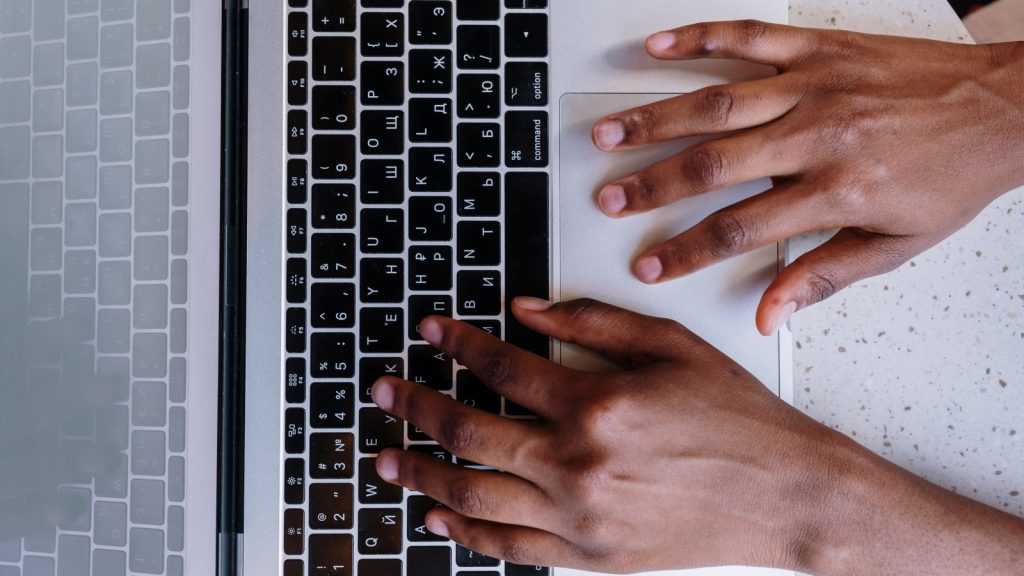MTN South Africa has once again emerged as the country’s top-performing mobile network, securing the highest score in the Q2 2025 MyBroadband Network Quality…
Social media depression: How social media causes depression

Your biggest asset could be the reason you’re depressed.
October is Depression Awareness Month and to create awareness around an illness that seems to be growing in notoriety we’ve collated a few tips to help you spot this illness.
A major contributor to forms of depression among many is sleep deprivation.
Studies show that teens who used social media for five hours or more were 70% more likely to fall asleep later or get less sleep compared to those who were online less.
While social media is meant to bring many people and families closer, some negative parts of the platforms seem to be fast creating a monster of an illness such as depression.
Effects such as bullying and the need to constantly compare self with an unrealistic expectation portrayed on social media has resulted in many spiraling down the depression lane of loneliness.
Depression and social media link
A study titled Associations between social media use personality structure and development of depression spells a bleak relationship between our gadgets and depression.
The study conducted at the University of Arkansas in the US showed data obtained from 978 people ages 18 to 30.
The study compared people with low agreeableness and high agreeableness to show that those with high agreeableness had 49% lower odds for developing depression.
Before you get carried away.
Different measures where used to get to the finding of a link, between social media usage and depression.
The measures included a questionnaire associated to depression, a personality assessment, self reported use of the top 10 social media platforms, and the logistic regression determined association between each personality characteristic, social media and the development of depression over a six month period.
“Because social media use was strongly associated with development of depression for all personality characteristics, it may be useful for interventions to target reduction of social media use overall regardless of personality type,” the report found.
What is depression?
A simple definition is a group of conditions associated with the lowering of a persons mood. It is a medical illness that negatively affects how you feel, think and how you act.
Depression increases the risk of multiple other psychological conditions, such as anxiety, suicide, heart disease, cancer and diabetes.
About one in six people will develop depression in their lifetime.
Here are some causes of clinical depression
Note: These causes may trigger depression.
Stressful events: Money challenges, divorce, or a funeral of a loved one.
Family history: Depression may be hereditary.
Giving birth: Often called postnatal depression, some women are particularly vulnerable after pregnancy a result of the added responsibility and hormonal changes.
Drugs: Some people may use drinking as an escape to avoid challenges or dealing with their issues. The brain chemistry impacted by alcohol may trigger depression like symptoms if uncontrolled.
No exercise: Lack of physical activity may often lead to a sedentary lifestyle. There is a correlation between regular exercise and improved mental health.
Unlimited social media usage: Social media trigger’s an array of negative emotions in users, emotions that have been found to worsen depression symptoms.
- Reduced concentration: Heavy social media users have been found to be less able to ignore distractions, with poorer cognitive performance.
If you or anyone is suffering from depression, contact the South African Depression and Anxiety group.
Featured image: Photo by cottonbro from Pexels

